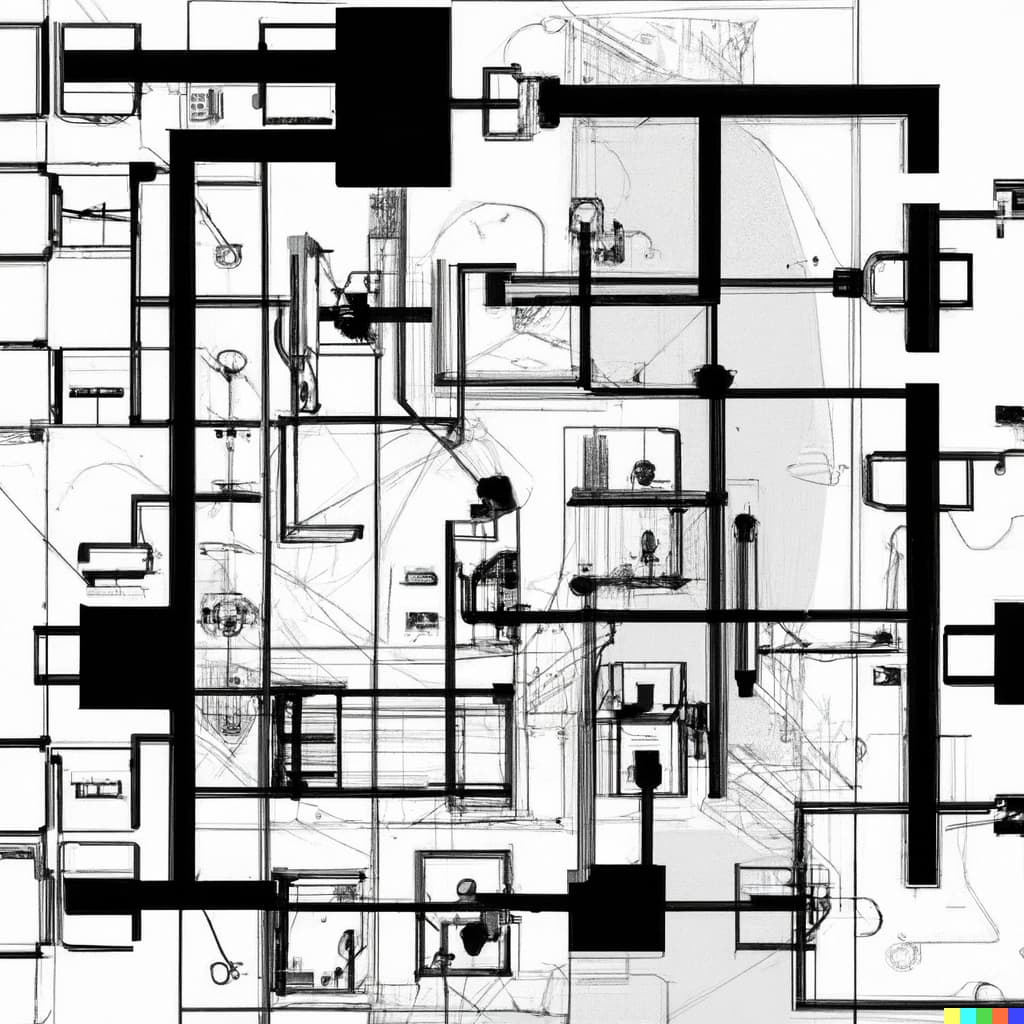Lawyering is for Machines
In the 80s, my dad — a lawyer, computer hobbyist and amateur science fiction writer — spent countless morning hours on a novel he called “Machine Litigation.” The never-finished story imagined a world in which lawyers, judges and juries were replaced by justice-dispensing algorithms.

In the 80s, my dad — a lawyer, computer hobbyist and amateur science fiction writer — spent countless morning hours on a novel he called “Machine Litigation.” The never-finished story imagined a world in which lawyers, judges and juries were replaced by justice-dispensing algorithms.
Today that world is both closer and farther away, as the necessary technology emerges but the human dimensions of litigation seem to predominate.
Yet while algorithmic justice may not be in the cards (or is it?) and cyborg lawyers may not be the future (or are they?), it’s not crazy to believe the legal world is on the cusp of a major transfer of responsibilities from lawyer to machine.
That conclusion may chill the spines of my fellow lawyers, but the reasoning is simple: some activities essential to good lawyering can be done better by computers than by lawyers, and therefore they should be done by computers.
Honest lawyers will admit the imperfection of their work. Like anyone else, we make mistakes. We miss things. We get distracted. We run out of time and money. We’re forgetful. We behave erratically. We sometimes have no idea what we’re doing. We’re slow to learn, and even slower to change. We do the same things twice and ten and a hundred times over, yet never improve.
That covers some of what we do poorly. There’s also the vast expanse of what we can’t do at all, but computers put within our — and more importantly our clients’ — reach. In short, machines are a means to make our client work less imperfect.
Thus, while the question that persists for many lawyers is “why should we change?” I’m compelled to pose a different one: how do our obligations as lawyers permit us not to?

